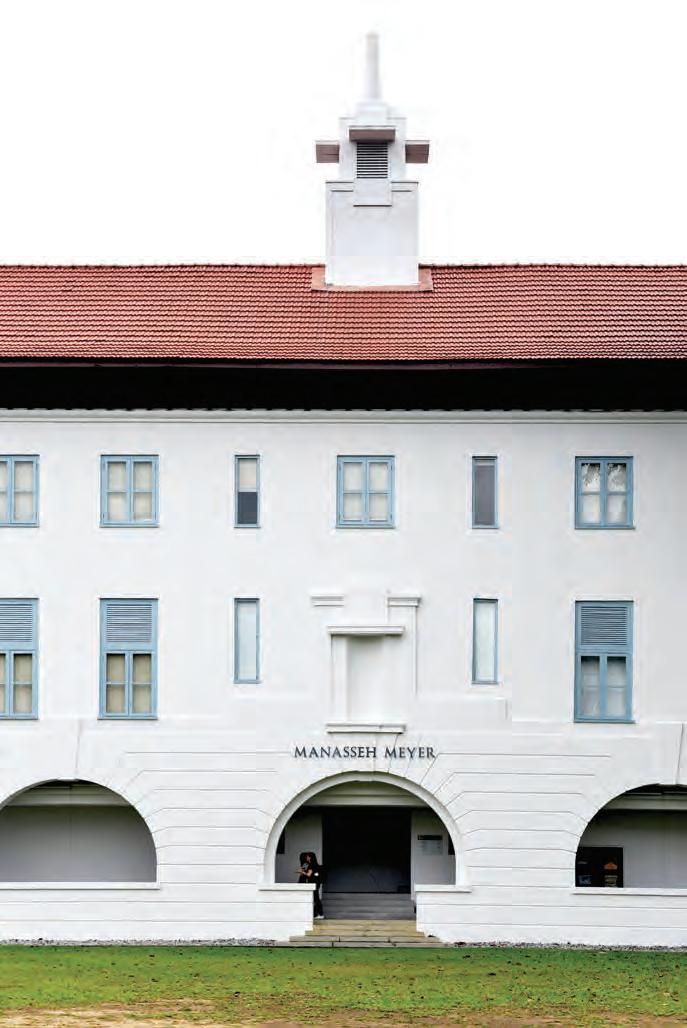
No problem can be solved from the same consciousness that created it.
- Albert EinsteinIsha Dayal,


No problem can be solved from the same consciousness that created it.
- Albert EinsteinIsha Dayal,
Our four-year, full-time PhD in Public Policy trains the next generation of thought leaders for positions in academic institutions, international organisations, governments and non-governmental organisations (NGOs) with significant research commitments.
The PhD in Public Policy programme is a very competitive programme. The PhD Admissions Committee takes into account various considerations including academic excellence. Please visit https://lkyspp.nus.edu.sg/graduateprogrammes/phd-in-public-policy/ admissions-criteria for a full list of admission criteria.


• Online application form
Students will expand and hone high-level theoretical, methodological, and substantive expertise in public policy, as well as the communication skills necessary for successful careers in teaching and research.
Students will develop skills in empirical research to analyse policy problems. This enables students to apply various research designs in conducting rigorous policy research in their chosen fields, as well as develop the ability to critically evaluate policy research outputs.
• Degree scrolls and academic transcript (including grading description) ulum vitae or resume
• Curric
• GRE test score
• Research proposal
• Statement of intent
• 1 writing sample
• 2 letters of references (Academic)
The School has an excellent reputation, especially in Asia. It provides many opportunities to work with professors on joint papers, or to work on a research project conducted by one of the research institutes here. Those papers and projects open up doors for policy-makers, and getting published.”
– Mulya Amri, PhD alumnus (Indonesia)Gain analytical skills and knowledge to generate, evaluate and communicate research in public policy.
Curriculum
The PhD curriculum requires students to complete the following within four years:
• 9 core courses
• 1 independent study course
• 1 elective course
• PhD Qualifying Examination
• A Thesis
Elective Courses
Students may choose to read 1 elective course.
Please visit https://lkyspp.nus.edu.sg/graduateprogrammes/electives for the full list of electives.

Class Profile
Tabilas-
Core Courses
Core coursesprovide an examination and analysis of the literature, perspectives and theories of public policy, along with the necessary skills to design and implement advanced research.
• Foundations of Public Policy
• Foundations of Public Administration
• The Economics of Public Policy
• The Politics of Public Policy
• Quantitative Methods for Public Policy Research
• Qualitative Methods for Public Policy Research
• Research Design in Public Policy
• Public Policy Graduate Seminar
• Academic Communication for Postgraduate Researchers
selected candidates who have an exemplary academic record and high potential for excellence in teaching and research in public policy.
Adeline Mak Yuen Mei, Singapore Isha Dayal, IndiaS$10,200
1 Fee amounts quoted here for Singapore Citizens and Permanent Residents are exclusive of prevailing taxes. The applicable GSTis subsidised by the Ministry of Education (MOE).
2 Fee amounts quoted here for International Students are inclusive of prevailingGST. International Students will have to bear the prevailing GST (8% in 2023 and 9% from 2024) levied on the fees payable by them.
Application Period
469C Bukit Timah Road, Oei Tiong Ham Building, Singapore 259772
Email: lkypostgrad@nus.edu.sg
Website: lkyspp.nus.edu.sg
